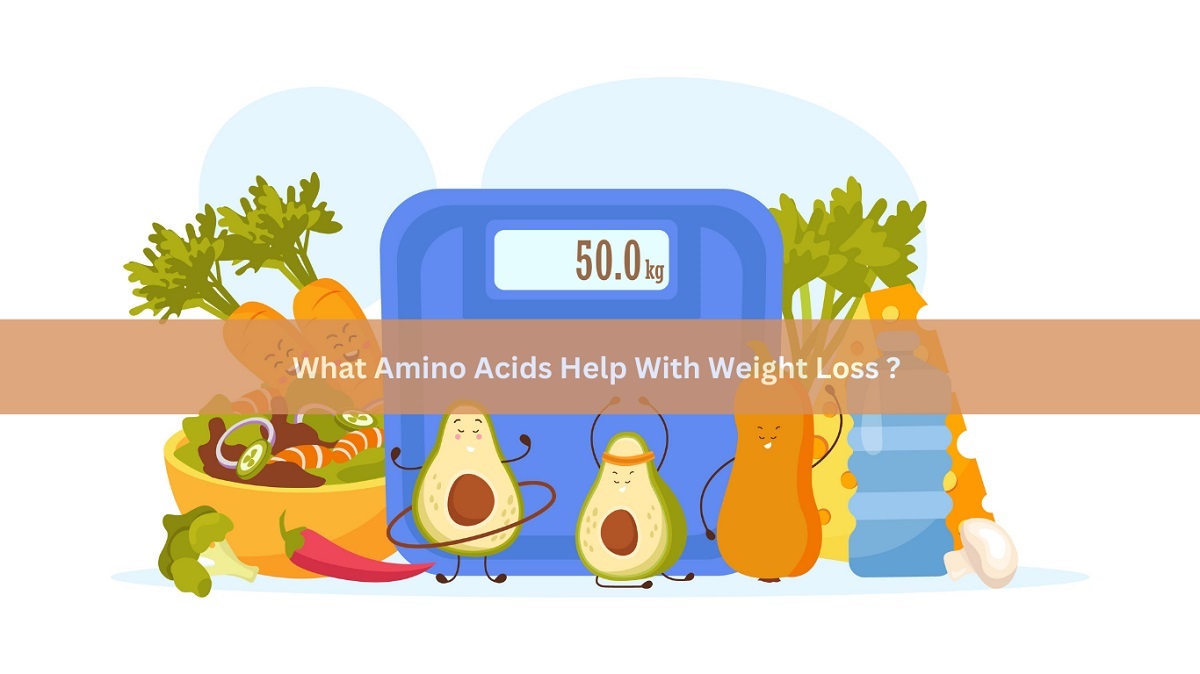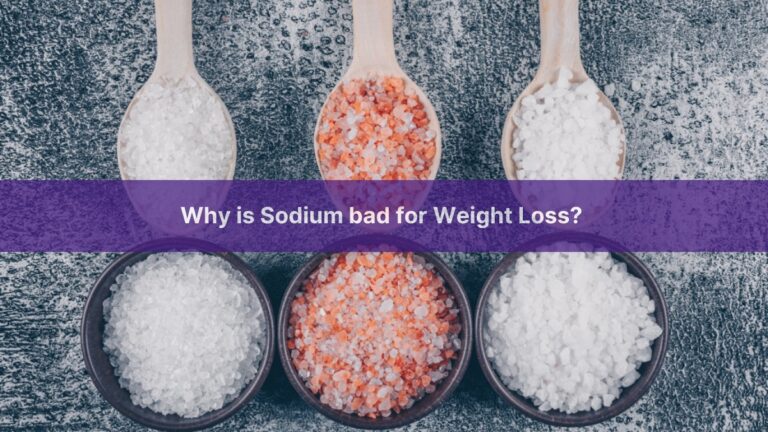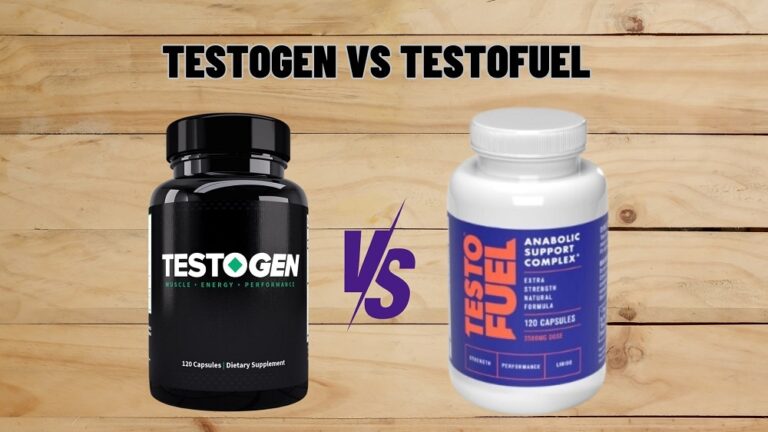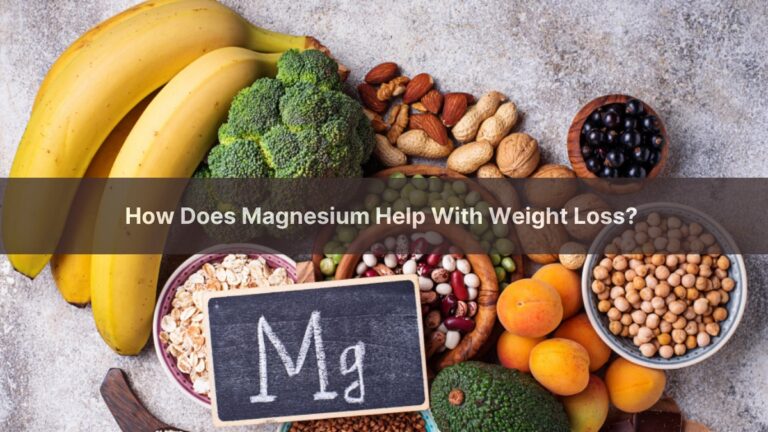What Amino Acids Help With Weight Loss? Know Science & Benefits!

As a health and fitness enthusiast, you may have come across discussions about utilizing amino acids to support fat loss goals and overall weight management. However, you may still be wondering – what exactly are amino acids? How do they help influence body composition and metabolism? In this article, we’ll provide an in-depth look at amino acids – what they are, how they function in the body, and their potential benefits for weight loss and lean muscle growth.
Let’s break down the science and mechanics behind these powerful protein building blocks.
What Are Amino Acids?
Amino acids are the building blocks of proteins. There are 20 different amino acids that link together in various combinations to form the proteins needed for the growth, repair, and maintenance of our bodies. Of the 20 amino acids, 9 are considered “essential”. This means our bodies cannot produce them naturally, and we must get them from food sources. The 9 essential amino acids are: Histidine, Isoleucine, Leucine, Lysine, Methionine, Phenylalanine, Threonine, Tryptophan, and Valine. The remaining 11 “non-essential” amino acids can be synthesized by the body when needed.
Benefits of Amino Acid supplementation:
- Increased muscle growth when paired with strength training.
- Reduced fatigue and soreness during exercise.
- Enhanced fat loss, especially in a calorie deficit.
- Improved body composition over time.
The Role of Amino Acids in Weight Loss
So how do these tiny protein building blocks help us lose weight exactly? Here are some of the key benefits:
Increasing Satiety and Preserving Muscle Mass: Getting enough protein from amino acid-rich foods helps promote satiety and fullness between meals. This allows you to eat less overall. Adequate protein intake also preserves lean muscle mass when losing weight. More muscle = higher metabolism.
Regulating Hormones and Neurotransmitters: Amino acids are needed for the production of key hormones and neurotransmitters that regulate appetite, metabolism, blood sugar levels, and fat burning.
Supporting Exercise Performance: Some research indicates that certain amino acids may boost energy levels, endurance, and recovery during exercise. This allows you to maximize calorie burn during workouts.
Stimulating Fat Burning: Studies suggest that consuming certain amino acids, like the branched-chain amino acids (BCAAs), may directly stimulate fat loss and increase the breakdown of fat.
So in summary, maintaining adequate amino acid intake from protein foods or supplements can aid weight loss on several fronts – keeping you fuller between meals, retaining muscle, and providing the raw materials for important hormones and neurotransmitters that influence body composition and metabolism.
Which amino acid helps you lose weight?
When it comes to amino acids for weight loss, BCAAs (branched-chain amino acids) are one of the most popular choices. BCAAs include 3 essential amino acids:
- Leucine
- Isoleucine
- Valine
Research shows BCAAs have the following weight loss benefits:
- Increase fat oxidation (burning)
- Preserve lean muscle mass.
- Improve exercise performance and recovery.
In one study, participants who took BCAA supplements lost more body fat and retained more muscle compared to those who took a placebo. Another study found BCAA supplementation decreased body fat percentage in men doing strength training.
Out of the three BCAAs, leucine appears to be the most effective for boosting muscle protein production and enhancing fat loss.
Top BCAA Food Sources
| Food | Serving Size | BCAAs (mg) |
| Cooked Chicken breast | 3 ounces | 1,950 |
| Cooked Ground beef | 3 ounces | 1,815 |
| Cheddar cheese | 1 ounce | 1,080 |
| Milk | 1 cup | 960 |
| Almonds | 1 ounce | 710 |
Other Key Amino Acids
While BCAAs take centre stage, other amino acids also offer potential weight loss benefits:
L-Carnitine: Transports fatty acids to be burned as energy. May increase fat loss and improve body composition.
L-Arginine: Stimulates the release of insulin, a key hormone involved in carbohydrate and fat metabolism. Also boosts nitric oxide production which may increase fat burning.
L-Glutamine: The most abundant amino acid in the body. Helps maintain muscle mass and regulates glycogen synthesis.
Food sources of these amino acids include meat, fish, dairy, nuts, seeds, beans, and whole grains.
Best Food Sources
While supplements can be helpful, it’s ideal to obtain amino acids naturally from high-protein foods. Here are some of our top food sources:
For BCAAs: eggs, chicken, turkey, beef, fish, Greek yogurt, cottage cheese, milk, peanuts, almonds.
For all essential amino acids: eggs, chicken, fish, seafood, red meat, dairy products, soy foods, beans, lentils, quinoa, nuts, seeds.
Shoot for a few servings of these amino acid-rich foods each day to support weight loss and muscle growth. Spreading protein intake evenly throughout the day is ideal for appetite control and muscle protein synthesis.
Should You Supplement Amino Acids?
If adequate protein intake cannot be achieved through whole food sources alone, BCAA or essential amino acid (EAA) supplements can be a useful addition to your diet. Of course, the effectiveness of Amino acid supplementation depends on many factors like diet quality, fitness level, caloric intake, and more. Be sure to consult your healthcare provider before starting any new supplements.
The Bottom Line
Consuming adequate amino acids from high-protein foods or targeted supplements can support weight loss and fat burning through several mechanisms – increasing satiety, fueling workouts, promoting fat oxidation, and regulating key hormones and neurotransmitters. BCAAs (especially leucine) and other amino acids like L-carnitine play a particularly important role.
While amino acid supplements may provide additional benefits, make sure you are also getting sufficient protein from whole food sources for overall health. Aim to consume amino acid-rich foods at each meal and snack throughout the day to see the best results.
Combined with a solid exercise plan and managed calorie intake, optimizing your amino acid intake can be a useful component of your weight loss toolbox! Let us know if you have any other questions.
Frequently Asked Questions (FAQs)
1. Which amino acids help with fat loss?
The branched-chain amino acids (BCAAs) leucine, isoleucine, and valine have been shown to help increase fat burn, especially when combined with a calorie-controlled diet and exercise program. Other amino acids like L-carnitine and L-arginine may also help support fat loss.
2. How do amino acids promote weight loss?
Amino acids help build and preserve muscle mass, which is important for maintaining a healthy metabolism. They also play a role in producing hormones and neurotransmitters that regulate metabolism and fat burn. Consuming amino acids from protein-rich foods or supplements can support weight loss efforts when combined with an overall healthy diet and regular exercise.
3. What foods are high in amino acids for weight loss?
Some of the best food sources of amino acids for weight loss include eggs, chicken, fish, beef, turkey, Greek yoghurt, soy products, nuts, seeds, beans, lentils, and quinoa. These foods provide complete proteins with all the essential amino acids your body needs.
4. When should I take amino acid supplements for weight loss?
Amino acid supplements are commonly taken before and/or after workouts to help support muscle building and recovery. BCAA supplements may be most effective when consumed during exercise to provide energy. For general weight loss, amino acids from protein-rich whole foods should be spread throughout the day with meals and snacks.
5. Are amino acid supplements safe?
Amino acid supplements are generally safe when taken at recommended dosages, but there may be some potential side effects like nausea, headache, fatigue, and interactions with medications. It’s best to consult with a doctor before beginning supplementation, especially if you have any underlying health conditions. Moderation is key.






